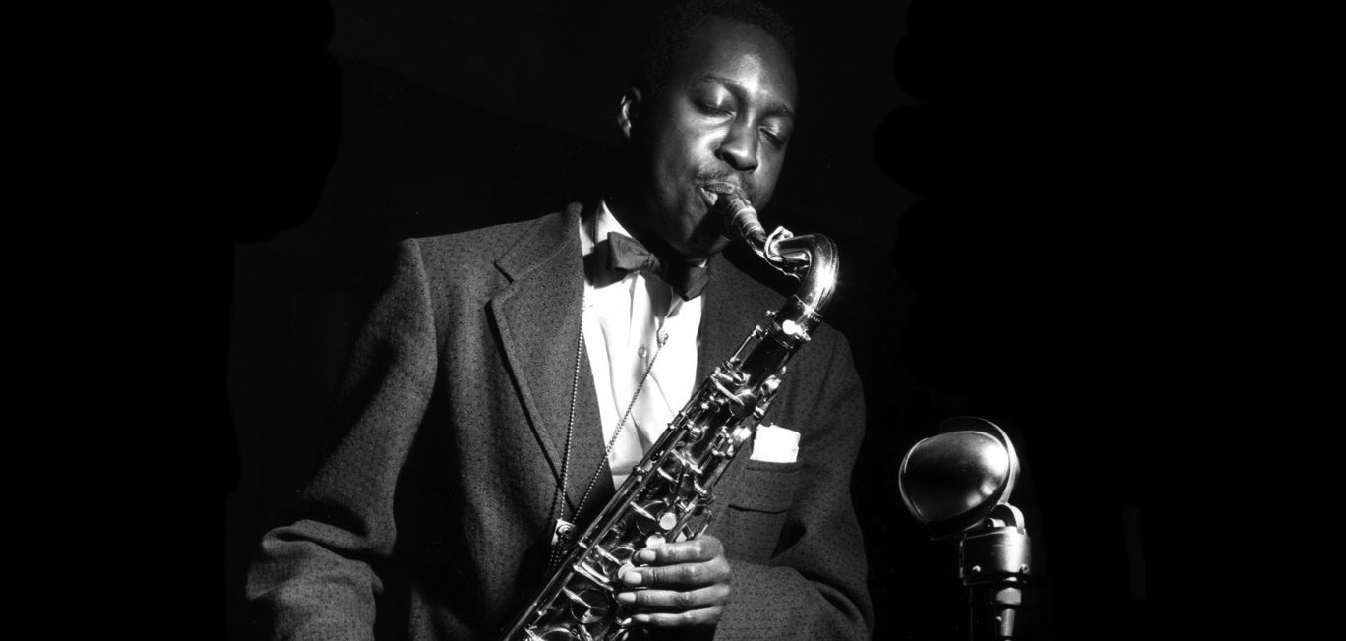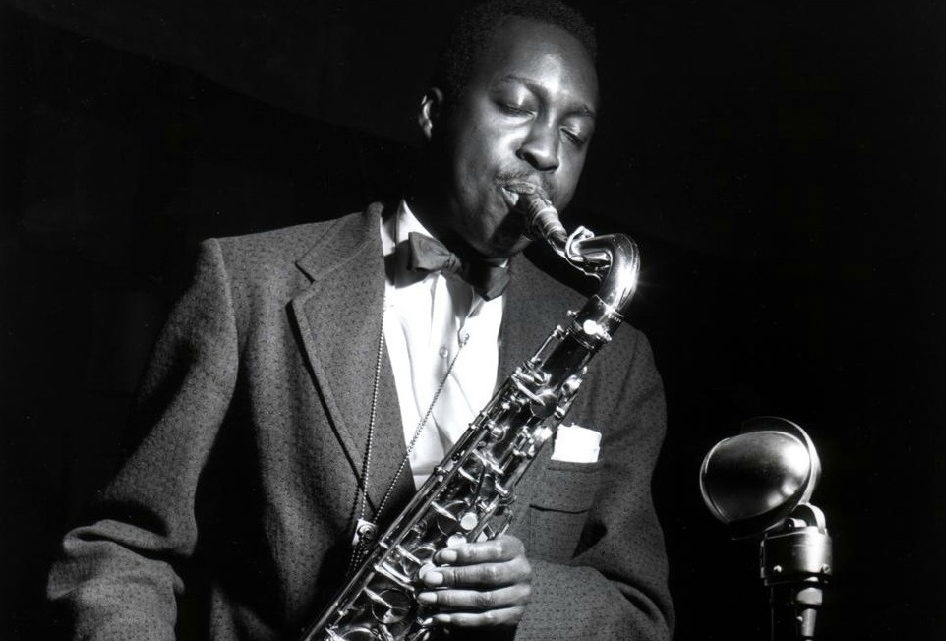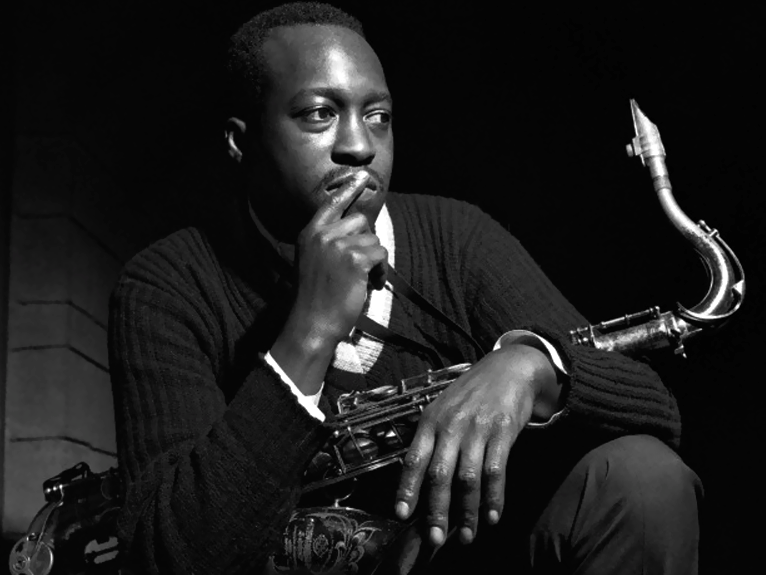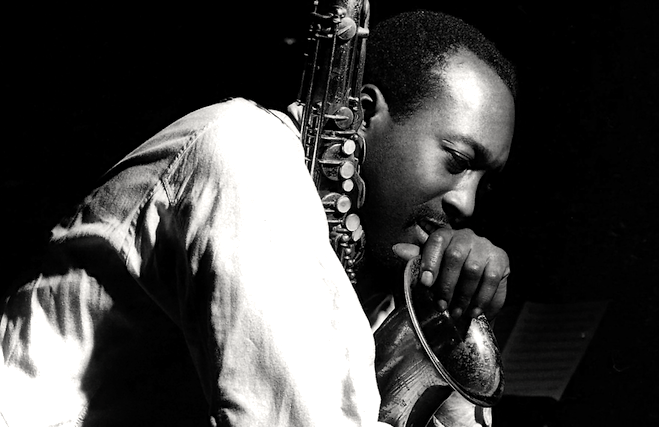

Mobley began playing tenor saxophone as a New Jersey teenager and gained experience in the bands of Max Roach and Dizzy Gillespie and was a founding member of the original Jazz Messengers. Mobley helped inaugurate the hard bop movement: jazz that balanced sophistication and soulfulness, complexity and earthy swing, and whose loose structure allowed for extended improvisations. Mobley’s solo lines were full of intricate rhythmic patterns that were delivered with spot-on precision, and he was no slouch harmonically either.
Hank Mobley played a sweet tenor. He could play – and often played – r&b-tinged jazz; indeed, along with trumpeter Lee Morgan he became one of the foremost practitioners of this paleo-fusion in the Fifties and Sixties. But he was not a hooting, booting, keening, screaming r&b artist. Instead, he built his solos with an easygoing inexorability, building idea upon idea until the listening found himself, all unaware, transported to realms that lesser players could only dream of reaching, no matter how much they screamed.
As a solo artist, Hank began recording for Blue Note in the latter half of the ’50s, leading his own recordings, including the highly creative Hank Mobley Quintet and Hank Mobley and His All-Stars, and hit his peak in the first half of the ’60s with hard bop cornerstones like Soul Station, No Room for Squares, and A Caddy for Daddy. Mobley recorded steadily for Blue Note through the ’60s, offering slight variations on his approach, and continued to appear as a sideman on a generous number of the label’s other releases.
During Mobley’s heyday, most critics tended to compare him unfavorably to Sonny Rollins, or dismiss him for not being the innovator that Coltrane was. However, in the years that followed Mobley’s death, Blue Note hard bop enjoyed a positive reappraisal; with it came a new appreciation for Mobley’s highly developed talents as a composer and soloist, instead of a focus on his shortcomings.
“Hank Mobley is the most lyrical saxophonist I’ve ever heard. He sang into his horn”— Benny Golson”


